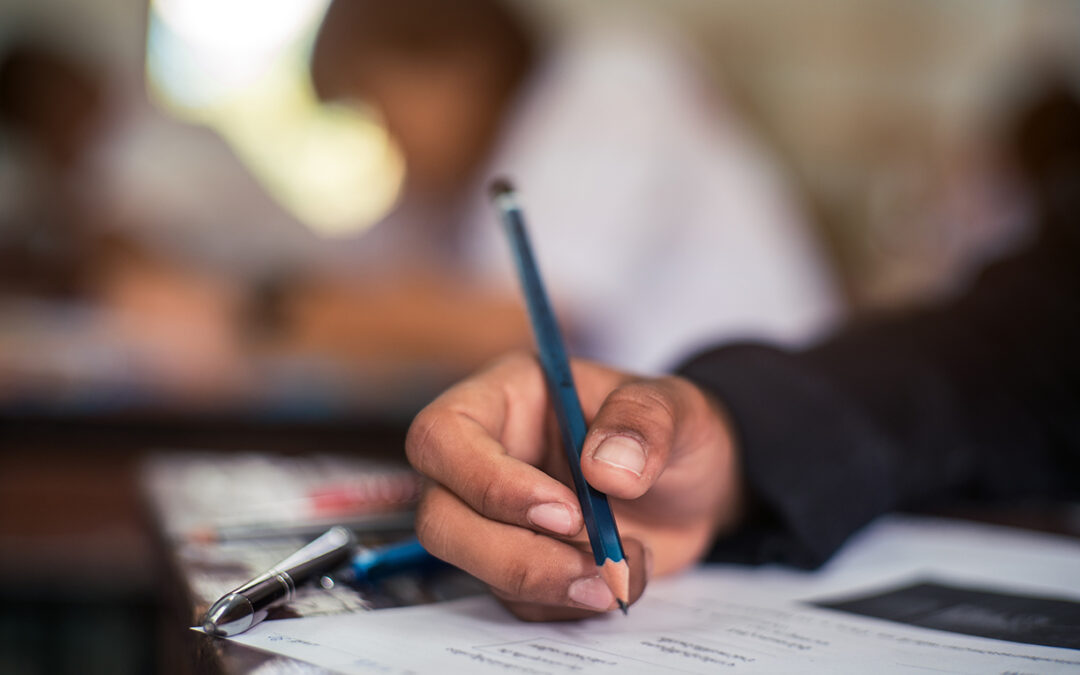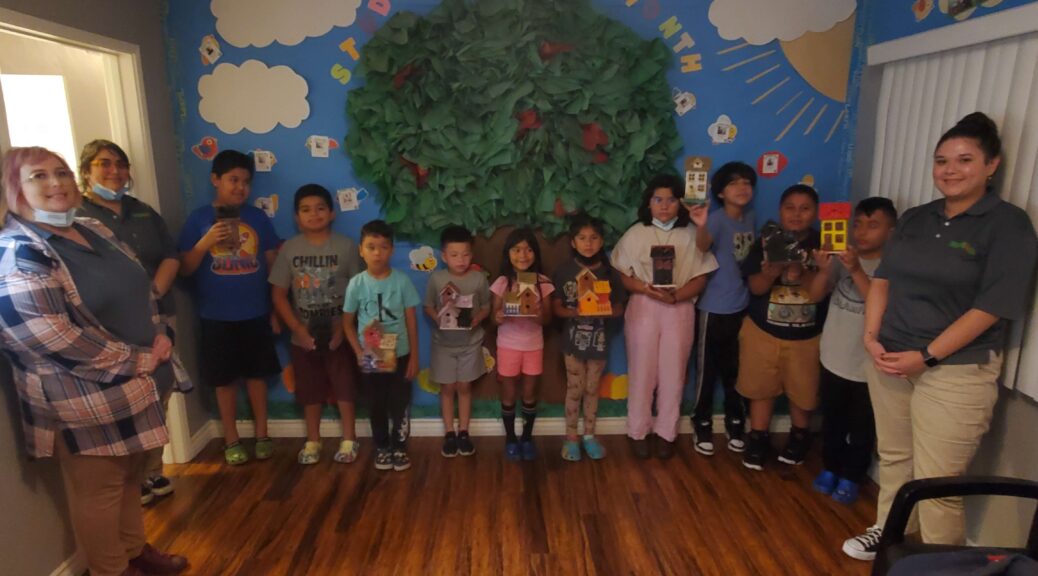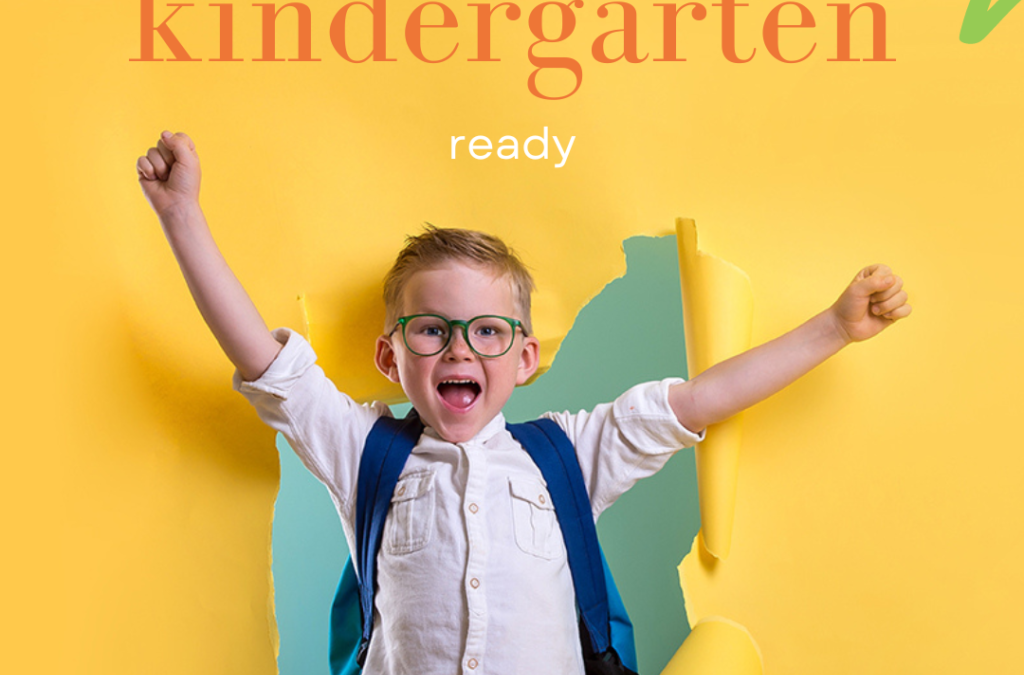PSAT is considered a right of passage for high school sophomores or juniors, and is given by many schools during the school day. While some students take time to prepare for it, many students and parents view it just as “another standardized test” and don’t bother...








